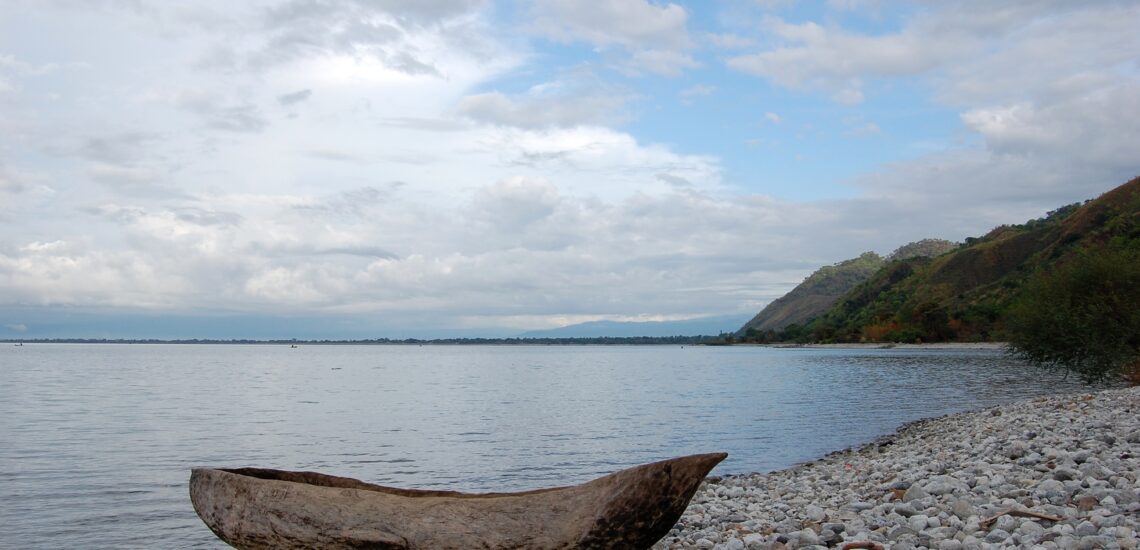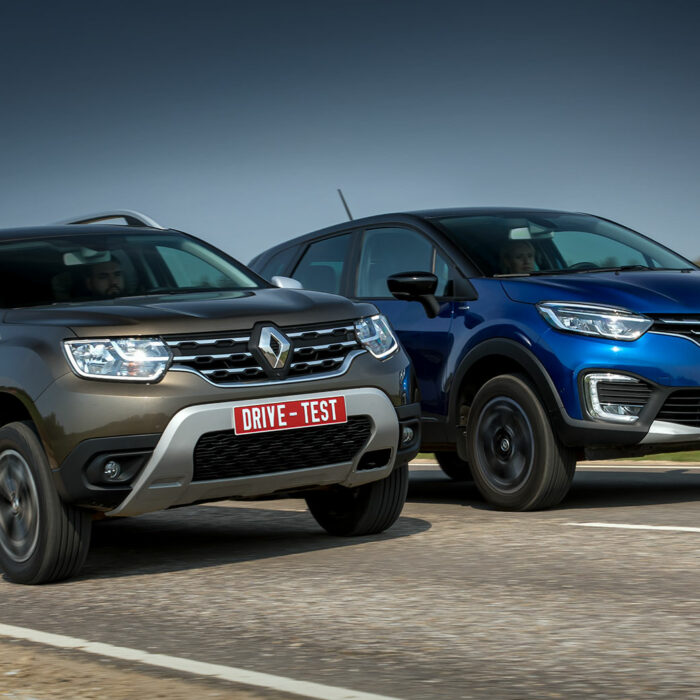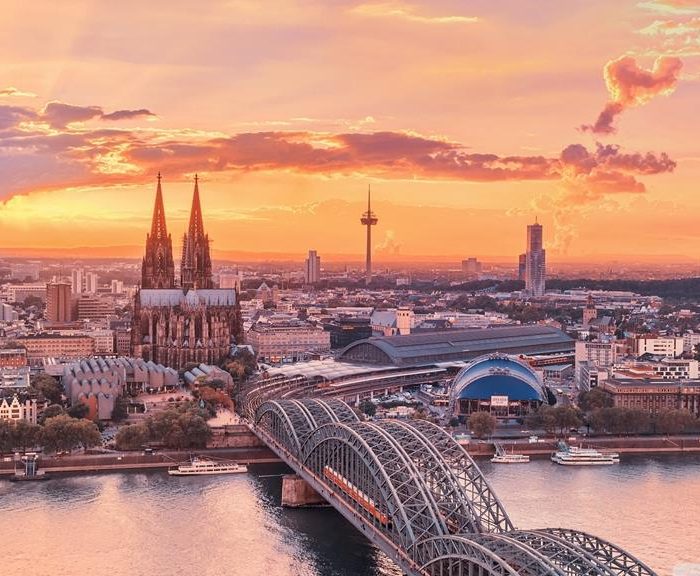Malavi hakkında kısa bilgiler:
- Nüfus: Yaklaşık 20 milyon kişi.
- Başkent: Lilongwe.
- Resmi Diller: İngilizce ve Çiçeva.
- Para Birimi: Malavi Kvaçası (MWK).
- Hükümet: Üniter başkanlık cumhuriyeti.
- Başlıca Din: Hristiyanlık (çoğunlukla Protestan ve Roma Katolik), küçük bir Müslüman azınlık.
- Coğrafya: Güneydoğu Afrika’da denize kıyısı olmayan bir ülke, kuzeyde Tanzanya, doğuda, güneyde ve batıda Mozambik ve batıda Zambiya ile çevrilidir. Malavi, ülkenin doğu sınırının önemli bir bölümünü kaplayan Afrika’nın üçüncü büyük gölü olan Malavi Gölü ile tanınır.
Gerçek 1: Malavi esas olarak bir tarım ülkesidir
Malavi ağırlıklı olarak bir tarım ülkesidir. Tarım, ülkenin Gayri Safi Yurtiçi Hasılasının (GSYİH) yaklaşık %30’unu oluşturarak ve nüfusun yaklaşık %80’ini istihdam ederek ekonomide merkezi bir rol oynar. Sektör yalnızca iç gıda güvenliği için değil aynı zamanda birincil ihracat geliri kaynağı olarak da hayati öneme sahiptir.
Malavi’nin başlıca ürünleri arasında temel gıda olan mısırın yanı sıra önemli ihracat ürünleri olan tütün, çay ve şeker kamışı yer alır. Özellikle tütün, Malavi’nin en büyük nakit ürünüdür ve döviz gelirlerine önemli ölçüde katkıda bulunur. Ancak ülkenin tarıma olan bağımlılığı, onu iklim değişikliğine ve küresel emtia fiyatlarındaki dalgalanmalara karşı savunmasız hale getirir.
Gerçek 2: Malavi, Afrika’nın en fakir ülkelerinden biridir
Malavi, kişi başına düşen düşük GSYİH ve yüksek yoksulluk seviyeleriyle Afrika’nın en fakir ülkelerinden biridir. Son verilere göre, Malavi’nin kişi başına düşen GSYİH’si nominal olarak yaklaşık 600 dolardır ve bu da onu küresel olarak en düşükler arasına yerleştirir. Nüfusun yaklaşık %70’i günde 2,15 dolarlık uluslararası yoksulluk sınırının altında yaşamaktadır.
Ülkenin ekonomisi, iklim değişikliğine ve ekonomik şoklara karşı hassas olan tarıma büyük ölçüde bağımlıdır ve bu da yoksulluğu daha da kötüleştirir. Sınırlı altyapı, düşük sanayileşme seviyeleri ve yüksek nüfus artış oranı gibi faktörler ülkenin ekonomik zorluklarına katkıda bulunmaktadır. Hükümetin ve uluslararası kuruluşların kalkınmayı teşvik etme ve yoksulluğu azaltma çabalarına rağmen, bu sistemsel sorunlar nedeniyle ilerleme yavaş olmuştur.
Gerçek 3: Malavi’de UNESCO tarafından korunan 2 alan var
Malavi, kültürel ve doğal önemleriyle tanınan iki UNESCO Dünya Mirası Alanı’na ev sahipliği yapmaktadır.
- Malawi Gölü Milli Parkı: Malawi Gölü’nün güney ucunda bulunan bu alan, 1984 yılında UNESCO Dünya Mirası Alanı olarak belirlenmiştir. Park, olağanüstü biyolojik çeşitliliği, özellikle de birçok endemik çiklit türü de dahil olmak üzere zengin tatlı su balığı çeşitliliği ile bilinmektedir. Malawi Gölü, dünyadaki biyolojik olarak en çeşitli göllerden biridir ve su araştırmaları ve koruma için kritik bir alandır.
- Chongoni Kaya Sanatı Alanı: Bu kültürel alan, 2006 yılında UNESCO Dünya Mirası Alanı olarak kaydedilmiştir. Chongoni Kaya Sanatı Alanı, Batwa avcı-toplayıcıları ve daha sonra tarımcılar tarafından yaratılan antik kaya resimlerinin bulunduğu çok sayıda kaya sığınağı içerir. Sanat, Taş Devri’nden günümüze uzanan bu grupların kültürel geleneklerini yansıtır. Resimler, yüzyıllardır bölgede yaşamış toplulukların sosyal ve dini uygulamalarını temsil etmeleri açısından önemlidir.
Not: Ülkeyi ziyaret etmeyi planlıyorsanız, Malavi’de araba kiralamak ve kullanmak için Uluslararası Sürüş İzni’ne ihtiyacınız olup olmadığını kontrol edin.
Gerçek 4: Malavi’de kız çocuklarının çocuk yaşta evlendirilme oranı çok yüksektir
Malavi’deki kızların yaklaşık %42’si 18 yaşından önce evleniyor. Çocuk evlilikleri yoksulluk, geleneksel uygulamalar ve cinsiyet eşitsizliği gibi çeşitli faktörler tarafından yönlendiriliyor. Kırsal alanlarda, aileler evliliği mali yükleri azaltmanın veya kızlarının algılanan güvenliğini sağlamanın bir yolu olarak görebilir ve bu da erken evliliklere yol açabilir.
Bu yüksek çocuk evlilik oranı kızların eğitimini önemli ölçüde etkiliyor. Birçok kız evlendiğinde okulu bırakıyor ve bu da gelecekteki fırsatlarını daha da kısıtlıyor. Malavi’de eğitime erişim zaten zor, özellikle kaynakların kıt olduğu, altyapının yetersiz olduğu ve kültürel uygulamaların kızları eğitimlerine devam etmekten caydırabildiği kırsal alanlarda. Hükümetin ve uluslararası kuruluşların çocuk evlilikleriyle mücadele ve eğitimi teşvik etme çabalarına rağmen, bu zorluklar hala derinden yerleşmiş durumda.
Son yıllarda Malavi, yasal evlilik yaşını 18’e çıkarmak ve kızların okulda kalmaları için destek ve teşvikler sağlayan programlar aracılığıyla eğitimini teşvik etmek de dahil olmak üzere bu sorunları ele almak için yasal reformlar ve eğitim girişimleri başlattı.
Gerçek 5: Malavi bir safari destinasyonu olarak gelişiyor
Malavi, yaban hayatı koruma ve eko-turizme odaklanan gelişmekte olan bir safari destinasyonu olarak ortaya çıkıyor. Son yıllarda, yaban hayatı popülasyonlarını geri kazandırmak ve doğal yaşam alanlarını korumak için önemli çabalar sarf edildi. Bu gelişmenin önemli bir yönü, biyolojik çeşitliliği güçlendirmek ve korumayı teşvik etmek için filler de dahil olmak üzere hayvanların yeniden tanıtılması ve taşınmasıydı.
Malavi, aşırı nüfuslu alanlardan popülasyonlarının azaldığı bölgelere filleri taşımak için African Parks gibi kuruluşlarla çalıştı. Bu yalnızca ekosistemlerin dengelenmesine yardımcı olmakla kalmıyor, aynı zamanda ülkenin safari ve yaban hayatı deneyimleriyle ilgilenen turistleri çekme çabalarına da yardımcı oluyor. Majete Yaban Hayatı Koruma Alanı, Liwonde Milli Parkı ve Nkhotakota Yaban Hayatı Koruma Alanı, bu yeniden tanıtım programlarından faydalanan parklardan bazılarıdır.
Gerçek 6: İnsan yaşamına dair en eski kanıt Malavi’de bulundu
Malavi, insan yaşamının en eski kanıtlarından bazılarına ev sahipliği yapmaktadır. Malavi’nin Karonga Bölgesi’ndeki arkeolojik keşifler, milyonlarca yıl öncesine dayanan fosiller ve eserler ortaya çıkarmış ve erken insan evrimine dair önemli içgörüler sağlamıştır.
Karonga yakınlarındaki Malema bölgesi, yaklaşık 2,5 milyon yaşında olduğuna inanılan kalıntıları ortaya çıkarmış ve burayı Afrika’daki erken insanlık tarihinin incelenmesi için önemli bir yer haline getirmiştir. Bu bulgular, bölgedeki erken hominid aktivitesini gösteren antik aletler ve fosilleri içermektedir. Bu alan, bölge genelinde bulunan birçok önemli paleoantropolojik keşifle insan evriminin beşiği olarak bilinen daha geniş Büyük Rift Vadisi’nin bir parçasıdır.
Gerçek 7: Malawi Gölü’nden akan tek nehir su aygırlarıyla doludur
Shire Nehri, Malawi Gölü’nden güneye doğru akar ve Liwonde Milli Parkı’ndan geçerek Mozambik’teki Zambezi Nehri’ne katılır. Bu nehir zengin bir ekosistemi destekler ve su aygırları kıyılarında sıkça görülür.
Shire Nehri boyunca yer alan Liwonde Milli Parkı, Malawi’nin en önemli yaban hayatı koruma alanlarından biridir ve timsahlar, filler ve çeşitli kuş türleri gibi diğer yaban hayatıyla birlikte su aygırlarını gözlemlemek için birinci sınıf bir yerdir. Shire Nehri boyunca bol miktarda su ve bitki örtüsü, gün boyunca serin kalmak için zamanlarının çoğunu suyun altında geçiren su aygırları için ideal bir yaşam alanı haline getirir.
Gerçek 8: Başkan, 2013 yılında yoksullukla mücadele etmek için başkanlık jetini ve araç filosunu sattı
2013 yılında Malavi Devlet Başkanı Joyce Banda, ülkenin ekonomik zorluklarını ele almak ve yoksullukla mücadele etmek için daha geniş bir çabanın parçası olarak başkanlık jetini ve lüks araç filosunu satarak manşetlere çıktı. Bu karar, kemer sıkma taahhüdünü göstermek ve fonları sosyal ve kalkınma programlarına yönlendirmek içindi.
Bu varlıkların satışı, Devlet Başkanı Banda’nın yönetiminin hükümet harcamalarını azaltma ve kaynakları daha etkili bir şekilde tahsis etme stratejisinin bir parçasıydı. Satıştan elde edilen gelir, Malavililerin yaşam koşullarını iyileştirmeyi ve sağlık, eğitim ve altyapı gibi acil sorunları ele almayı amaçlayan çeşitli girişimleri desteklemek için tasarlanmıştı.
Gerçek 9: Malavi bayrağı sadece 2 yıl içinde 1 kez değişti
Malavi bayrağındaki değişiklik Bingu wa Mutharika’nın başkanlığı sırasında gerçekleşti. 2010 yılında Mutharika yönetimi, siyah şeritte merkezlenmiş 16 ışınlı büyük bir kırmızı güneşi içerecek şekilde bayrağı değiştirdi. Bu değişiklik, Mutharika’nın Malavi yönetimi ve gelişimi için yeni bir dönem vizyonunu yansıtan ilerlemeyi ve özgürlük ışığını sembolize etmeyi amaçlıyordu.
Yeniden tasarlanan bayrak, Malavililer tarafından genellikle ülkenin yeni bir aşamaya geçişinin sembolik temsilini yansıtan “Yeni Şafak” bayrağı olarak anılıyordu. Ancak, değişiklik tartışmalıydı ve geniş çapta desteklenmedi.
2012 yılında, Başkan Mutharika’nın ölümünden ve ardından Başkan Joyce Banda’nın yükselişinden sonra Malavi orijinal bayrak tasarımına geri döndü. Banda yönetimi, ulusal birlik ve kimliğin geleneksel sembollerine geri dönmenin ve ülkeyi yakın geçmişin siyasi ilişkilerinden uzaklaştırmanın bir yolu olarak 2010 öncesi bayrağı geri getirmeye karar verdi.
Gerçek 10: Ülkeye Afrika’nın Sıcak Kalbi deniyor
Malavi sıklıkla “Afrika’nın Sıcak Kalbi” olarak anılır. Bu takma ad, ülkenin halkının sıcaklığı ve samimiyeti ile misafirperver ve konuksever doğasının itibarını yansıtır. Bu ifade, güçlü topluluk duygusunu ve Malavililer ile ziyaretçiler arasındaki olumlu, destekleyici etkileşimleri vurgular.
Bu takma ad ayrıca ülkenin doğal güzelliğini ve davetkar iklimini vurgular. Çarpıcı göller, dağlar ve zengin yaban hayatını içeren Malavi’nin çeşitli manzaraları, hem macera hem de kültürel deneyimler arayan gezginler için bir destinasyon olarak cazibesine katkıda bulunur.

Yayımlanmış Eylül 15, 2024 • Okuma süresi: 8 dakika





